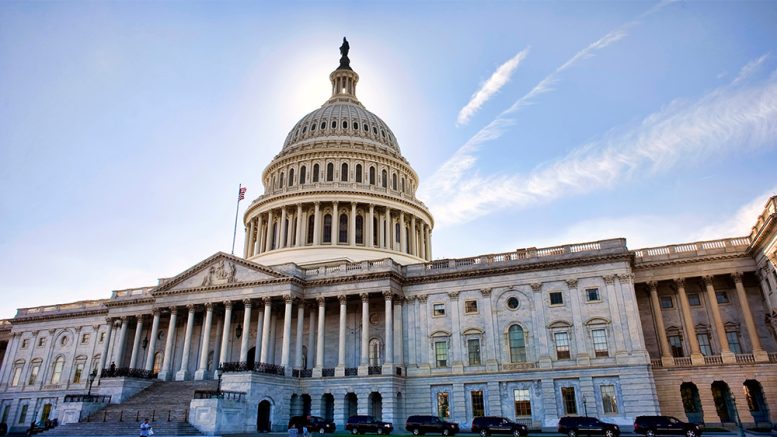
Braun
Last Friday, U.S. Senators Mike Braun (R-Ind.), Tim Scott (R-S.C.), Marco Rubio (R-Fla.), and Pete Ricketts (R-Neb.) sent a letter to the National Labor Relations Board sharing significant concerns with the 2023 Joint Employer Rule and its effect on older Americans.
The Senators say this rule would not only increase liability for all businesses that contract with other entities, but also make senior living arrangements particularly vulnerable as they often rely on contracts with outside service providers.
Read the full letter below.
Dear Chairman McFerran:
As the Ranking Member of the Special Committee on Aging, I write to share significant concerns with a final rule’s effects on older Americans. The National Labor Relations Board’s (NLRB or “Board”) October 27, 2023 final rule, “Joint Employer Status Under the National Labor Relations Act,” will likely inflict harm over large sections of the economy, and it will have a particularly negative impact on senior living arrangements, critical services on which older Americans rely for basic needs and daily support.
Long-term care organizations frequently depend on stable contracts with a broad set of partners for effective operations. These contracts cover vital residential supports, from nutrition services and maintenance to staffing arrangements. The Board’s switch to considering employers jointly responsible for employees even when they only have indirect input into management will disrupt long-term care organizations’ stable relationships and longstanding practices that have provided many older adults with high levels of support and satisfaction.
Under the rule, long-term care organizations would face expanded liability for their contracts with other service providers and the accompanying high regulatory costs would introduce considerable uncertainty for the aging community. They would also have to navigate onerous new collective bargaining standards that threaten their viability and introduce risks to everyday operations. In fact, aging services stakeholders have repeatedly commented on escalating risks and challenges presented by the rule, and there is little evidence that the Board has specifically accounted for the threat the rule poses to older Americans.
By contrast, stakeholders have noted that the Board’s 2020 Joint Employer rule offered much-needed clarity and flexibility for service provision, including fair standards for workplace policies that must intrinsically focus on the individual needs and interests of older Americans. Losing these beneficial workplace dynamics could cause wider damage for the industry, with long-term care organizations, their partners, and other stakeholders forced to reassess commonsense assumptions about the best path to providing services.
Policymakers often overlook the unique needs of older Americans when examining the implications of a given change, and the Board’s rule is an unfortunate signal that vulnerable groups will continue to be excluded from appropriate consideration. At an August 2023 Aging Committee field hearing in Indianapolis, Indiana, I heard testimony from a franchise community employer deeply troubled by the rule’s consequences for his operations and for the older adults who directly benefit from them as employees. The rule has not taken account of this population of older workers and now appears set on dodging serious questions about senior living.
Older Americans have grappled in recent years with a pandemic, a volatile economy, and ever-changing workplace technology. They should not have to fear significant interference to their daily lives, in jobs or housing, on top of other ongoing challenges. I urge the Board to reconsider the impact of its rule, reengage with aging services stakeholders, and return to the 2020 rule’s fairness and flexibility.

